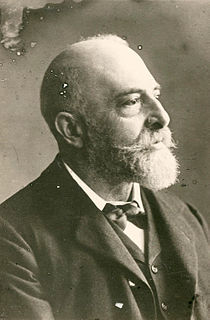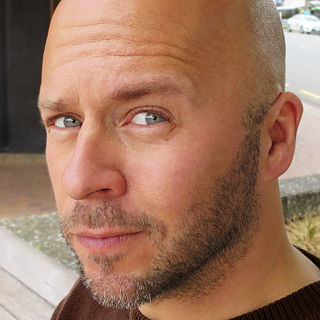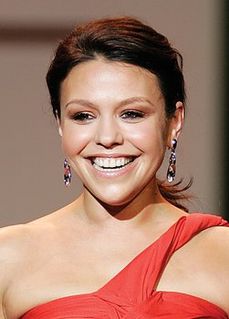A Quote by David Brooks
The key factor separating geniuses from the merely accomplished is not a divine spark. It's not I.Q., a generally bad predictor of success, even in realms like chess. Instead, it's deliberate practice. Top performers spend more hours (many more hours) rigorously practicing their craft.
Related Quotes
When you learn an instrument, it takes an awful lot of time to just learn the scales, and then eventually when you have completely mastered the instrument, the music plays for you. But you still have to keep practicing. And it takes an awful lot of practice. Nonetheless, if you diligently practice, hours and hours and hours and hours, you probably won't get it. You'll probably just end up hurting your fingers.
The right kind of practice is not a matter of hours. Practice should represent the utmost concentration of brain. It is better to play with concentration for two hours than to practice eight without. I should say that four hours would be a good maximum practice time-I never ask more of my pupils-and that during each minute of the time the brain be as active as the fingers.
Everyone who became great at something has a similar story: For years, they worked on their craft every day, even if they weren’t in the mood. Always pushing, practicing, working, and improvingYes it takes thousands of hours of practice, but that’s good news! It’s a clear path and it’s under your control.
I mean the people who seriously, seriously play devote their lives to it sort of the way monks do. I mean you don't date, you go to bed at a certain time, you eat certain ways, you practice 10-12 hours a day. And I mean, the difference between practicing three hours a day and practicing 12 hours a day is everything. And I certainly never - I never trained seriously after the age of 16.
Ten thousand hours is equivalent to roughly three hours a day, or 20 hours a week, of practice over 10 years... No one has yet found a case in which true world-class expertise was accomplished in less time. It seems that it takes the brain this long to assimilate all that it needs to know to achieve true mastery.
The 10,000-hours rule says that if you look at any kind of cognitively complex field, from playing chess to being a neurosurgeon, we see this incredibly consistent pattern that you cannot be good at that unless you practice for 10,000 hours, which is roughly ten years, if you think about four hours a day.
We have amazing stunt performers and in Miguel Sapochnik, a director who's so good at spending hours and hours and hours on every shot beforehand, so that he knows exactly what he wants when he gets to the battlefield on the day. We only shoot ten-hour days, so you have to pack a lot into those ten hours.
Some people seem to have extreme natural wiring - a talent that seems to come out of nowhere. Like a music savant or prodigy. The uplifting news, though, is that many talented people don't have such natural wiring - but they forge a talent through thousands of hours of what's known as deliberate practice or deliberate performance.


































